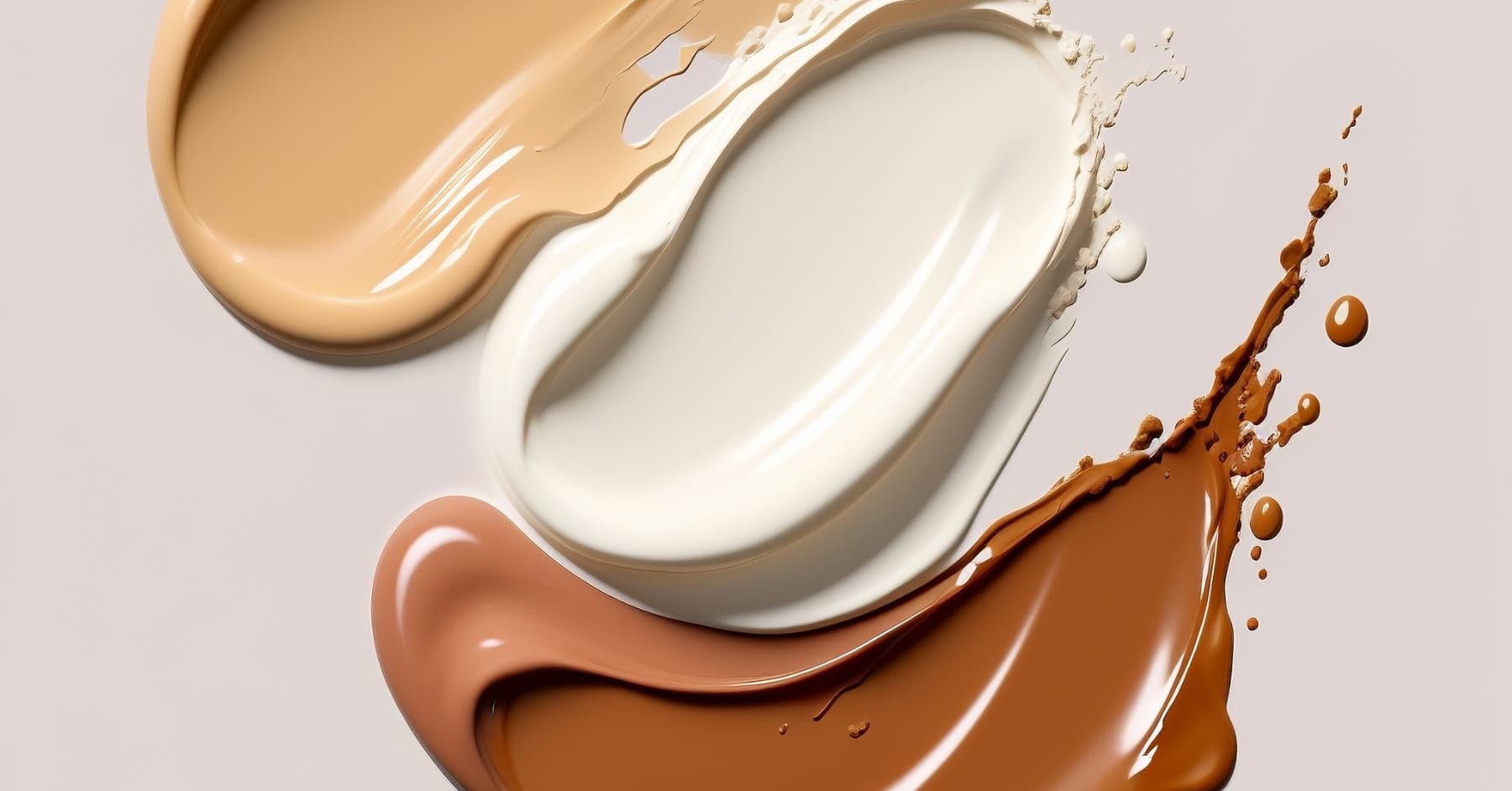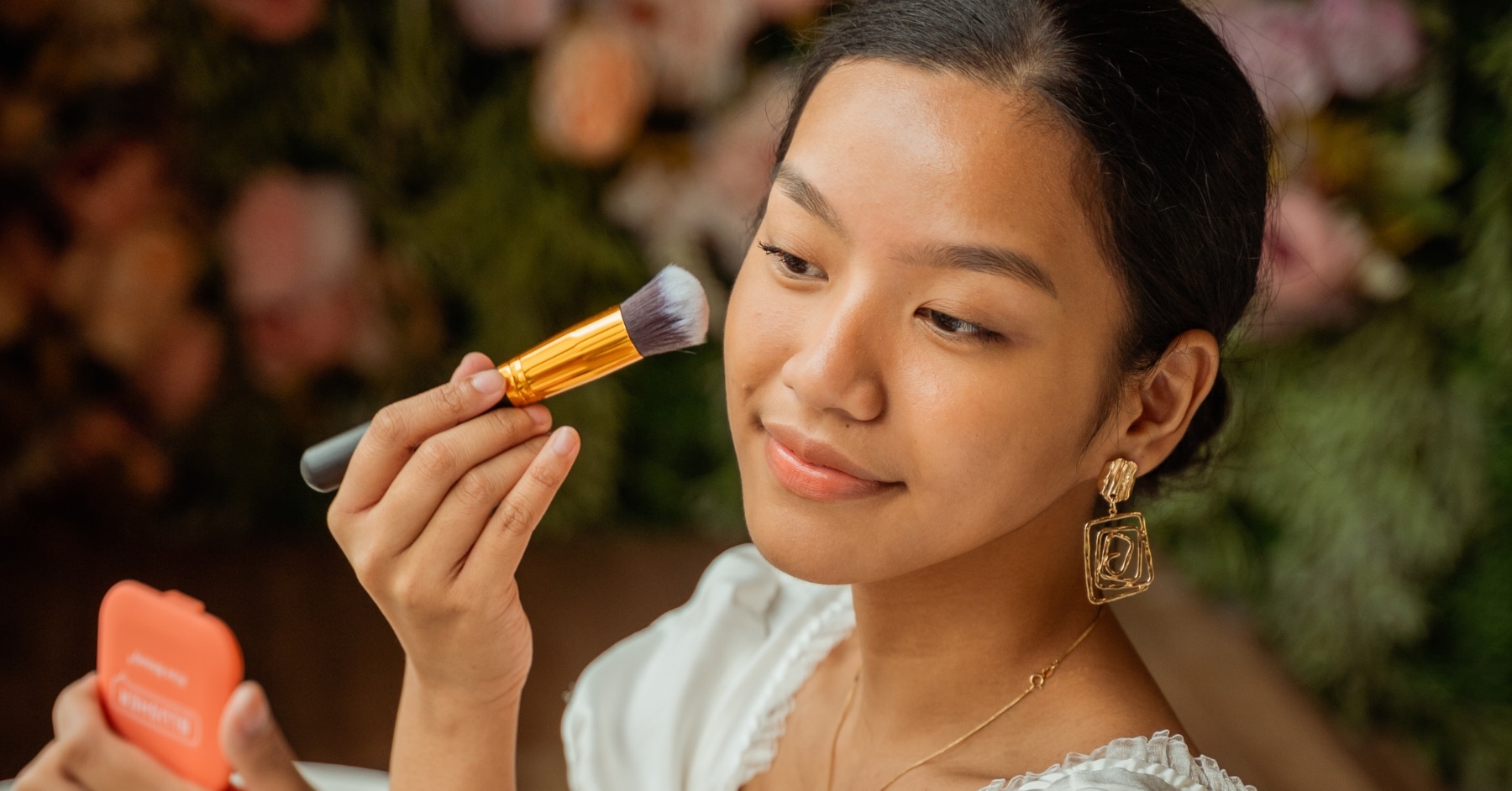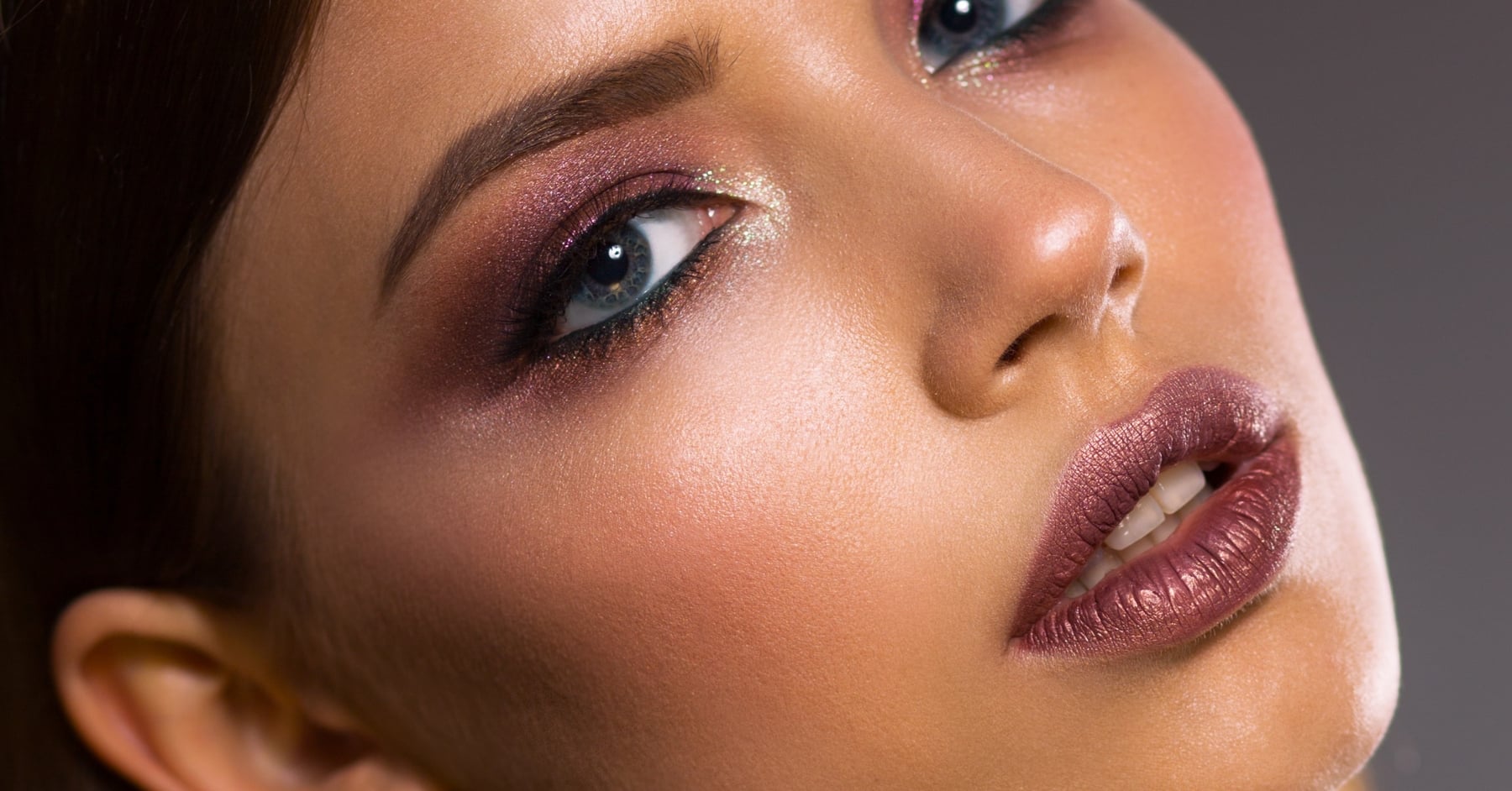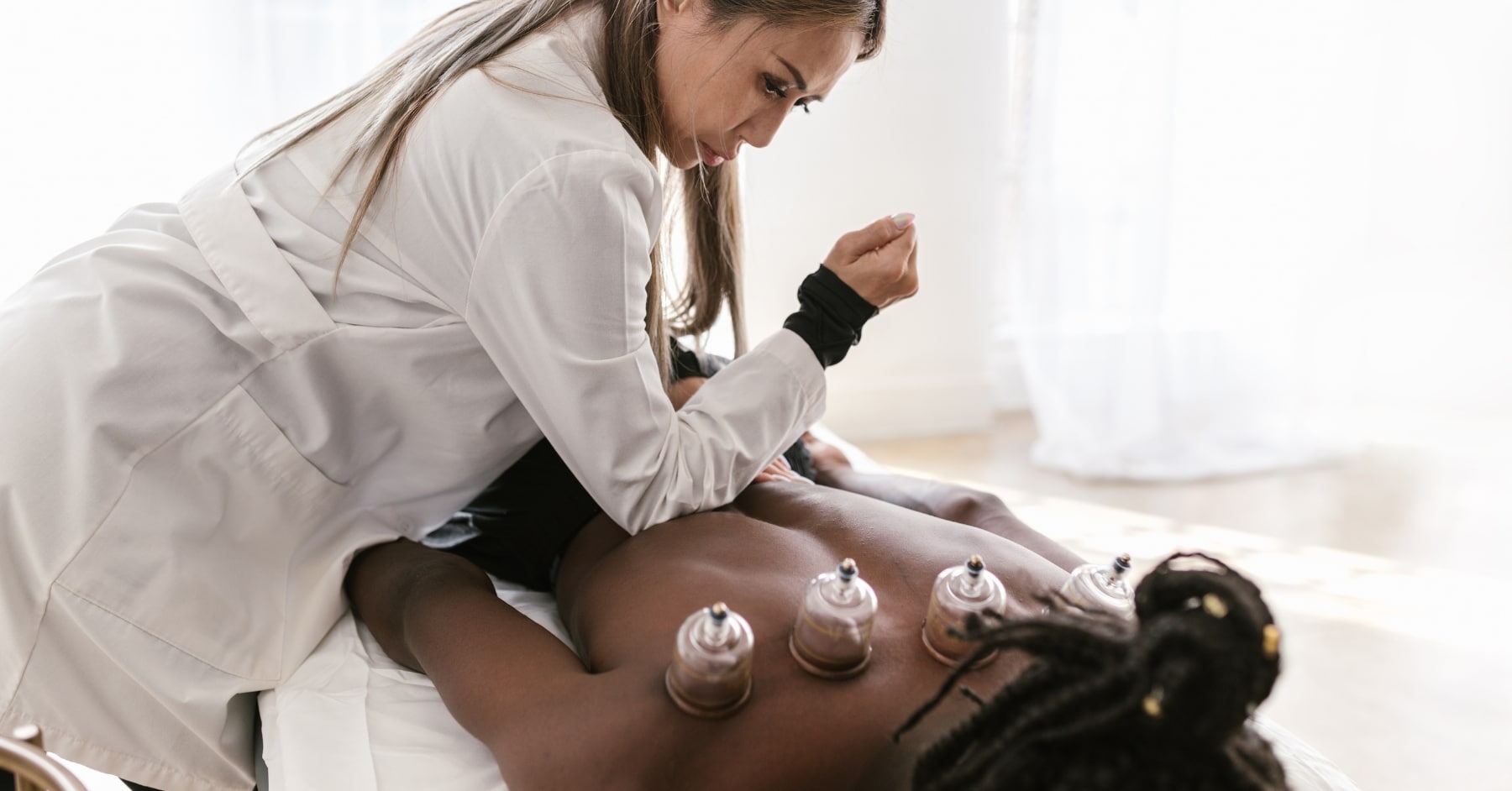You can’t have healthy hair without a healthy scalp – and yet, most people only pay attention to their hair after something goes wrong. Whether you’re dealing with dryness, flaking, or thinning hair, chances are your scalp is crying out for some TLC. The scalp is where every strand begins, so taking care of it is the real secret to stronger, shinier hair.
In this article, we’re going to explore the common causes of poor scalp health, what to look for to determine if your scalp is healthy, and practical ways you can improve and maintain its condition to encourage optimal hair growth.
Why Scalp Health Matters
The scalp is much more than just an extension of your skin; it plays a crucial role in hair growth, acting as a protective layer for hair follicles. Within the scalp, you will find sebaceous glands that produce the natural oils essential for hair health, providing adequate hydration to prevent dryness.
When the scalp is unhealthy, issues such as flakiness, itchiness, and excessive oiliness can surface, which not only disrupts the scalp environment but can also lead to hair dullness, breakage, and stunted growth.
Think of your scalp as the soil in a garden – if it’s not cared for, nothing can thrive. Prioritising scalp health is one of the best things you can do for your hair.
Signs of an Unhealthy vs. Healthy Scalp
Unhealthy Scalp:
- Itchiness: Persistent itching is a sign that something is amiss. It often results from dryness or irritation, signalling that your scalp needs attention.
- Flaking: White or yellow flakes on your shoulders or in your hair can indicate dandruff or excessive dryness, which can make your scalp feel uncomfortable.
- Excess Oil: An overly oily scalp can lead to clogged hair follicles, promoting conditions that may hinder hair growth and result in greasy hair.
- Sensitivity: If your scalp feels tender or sore, it may be reacting to products or environmental stressors, indicating the need for gentler treatments.
- Buildup: Accumulation of hair products, dirt, and sebum can create an unhealthy scalp environment, interfering with hair growth.
Healthy Scalp:
- Clean and Balanced: A healthy scalp feels fresh and free of irritation, with balanced oil production.
- No Flakes: Absence of flakes means your scalp is well-hydrated and nourished, supporting optimal conditions for hair growth.
- Comfortable: A healthy scalp should feel comfortable and non-irritated, allowing your hair to grow naturally.
- Supports Hair Growth: When your scalp is in good condition, it encourages strong and vibrant hair growth, allowing your hair to reach its full potential.
- Visible Follicle Health: Healthy follicles, free from inflammation or blockage, will help your hair grow thick and strong.
Daily Habits for a Healthier Scalp
Choose the Right Shampoo: Use a clarifying shampoo once a week to remove buildup, medicated options for dandruff or psoriasis, and gentle, sulphate-free shampoos for regular use.
Don’t Skip Scalp Cleansing: Even if your hair looks clean, residue from products, oils, and pollution can clog follicles. Clean your scalp thoroughly but not aggressively.
Massage Your Scalp: A 2-minute massage while washing can boost blood flow, bring nutrients to the roots, and encourage growth.
Water Temperature: Hot water strips away natural oils and dries out the scalp. Stick with lukewarm water to keep your scalp’s moisture barrier happy.
Daily scalp care doesn’t need to be complicated – just consistent.
Scalp Treatments and Products That Work
Exfoliating Scalp Scrubs: Use once a week to remove dead skin and product buildup. Look for gentle scrubs with fruit enzymes or salicylic acid.
Serums, Oils, and Tonics: Hydrate and soothe inflammation with serums containing niacinamide or scalp oils like rosemary and peppermint.
Medicated Solutions: For stubborn conditions like dandruff or psoriasis, ketoconazole or zinc pyrithione shampoos can make a big difference.
Star Ingredients to Look For:
- Salicylic acid (exfoliating)
- Ketoconazole (anti-fungal)
- Tea tree oil (anti-inflammatory)
- Peptides (follicle stimulation)
If you’re just starting out, why not invest in a Malibu scalp treatment in Melbourne to get your hair health journey off to the best start possible?
Lifestyle Factors That Impact Scalp Health
Diet and Hydration: Your scalp needs the right fuel. Aim for foods rich in omega-3 fatty acids, iron, zinc, and biotin—think leafy greens, nuts, eggs, and salmon. Drink plenty of water.
Stress and Hormones: Chronic stress affects hormone levels, particularly cortisol, which can disrupt the scalp’s natural balance and even trigger hair loss.
Sleep and Gut Health: Quality sleep gives your scalp time to repair and regenerate. A healthy gut microbiome supports the skin’s microbiome, too—consider probiotics and fibre-rich foods.
Taking care of your scalp is important for beautiful, healthy hair. By understanding your scalp, adopting simple daily habits, choosing the right products, and making a few lifestyle changes, you cansignificantly improvethe health of your hair. A happy scalp means stronger, shinier, healthier hair. Your healthiest scalp (and hair!) starts with what you do today.




